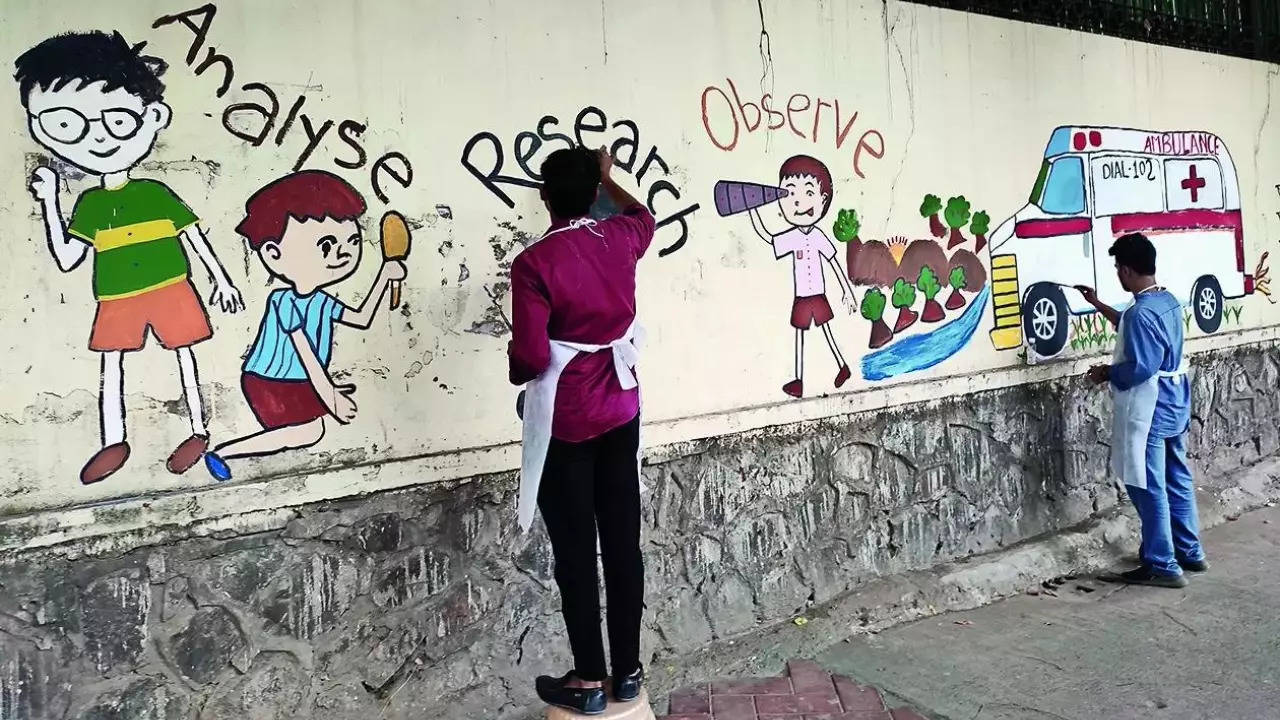International Literacy Day 2023: What’s the theme?
The United Nations (UN) regards literacy as a central pillar in endowing individuals with the pertinent knowledge, skills, and proficiencies necessary for reshaping education. International Literacy Day 2023 is observed in the pursuit of UN’s Sustainable Development Goal 4 (SDG-4), which underscores the significance of education and lifelong learning. It also provides an occasion to contemplate the role of literacy in constructing societies that are more inclusive, tranquil, equitable, and enduring.
The chosen theme for International Literacy Day 2023 is ‘Promoting literacy for a world in transition: Building the foundation for sustainable and peaceful societies’. This year, ILD holds a particular significance as it is a halfway point in the journey towards the 2030 Global Agenda for Sustainable Development and the attainment of the 17 Sustainable Development Goals (SDGs) that the international community committed to eight years ago.
International Literacy Day 2023: What are the goals?
According to UNESCO, the primary anticipated results of ILD 2023 encompass:
- Elevating awareness regarding literacy promotion as a “two-way process,” wherein both “literacy and numeracy learning” and “progress in various aspects of development and peace” synergistically support lifelong learning.
- Identification and dissemination of pertinent knowledge, experiences, and solutions that unlock the transformative potential of literacy, spanning system enhancements, program effectiveness, content enrichment, and practical applications, all contributing to the advancement of more sustainable and harmonious societies.
- Encouraging cooperation and the formation of partnerships dedicated to the promotion of literacy, emphasising the collaborative efforts required to achieve this crucial goal.
Inception of ILD
On 8th September, 1965, the inaugural World Congress of Ministers of Education had convened in Tehran, marking the first-ever gathering dedicated to the international discussion on educational programmes. The purpose of this occasion was to focus on the value of literacy for individuals, communities, and the society as a whole and recognise it as the gateway to a well-educated and effective society.
As a result of this recognition, UNESCO, during its 14th Session in November 1966, formally designated September 8th as International Literacy Day. Since then, the majority of member countries of the UN have observed this day each year. At its core, the observance of ILD aims to reinforce public opinion in support of the ongoing endeavours against illiteracy. The inaugural celebration of International Literacy Day took place in 1967, marking the beginning of this annual tradition.
How can you contribute to this global effort?
As a student, there are various ways to actively engage in making a positive impact on the society. One of them is by participating in discussions on the ongoing literacy issues. These discussions not only provide an opportunity to listen and learn about the challenges our world faces but also encourage critical thinking about potential solutions. Moreover, if you possess a unique perspective or innovative solutions, you can contribute to these discussions, fostering a collaborative environment for problem-solving.
In addition to participating in discussions, students can also contribute to the betterment of society by donating books to public libraries, donation centres, adoption centres, or any other places where children and individuals from diverse backgrounds can access these books. This facilitates the spread of knowledge, expanding horizons, empowering others to learn more about the world around them.


